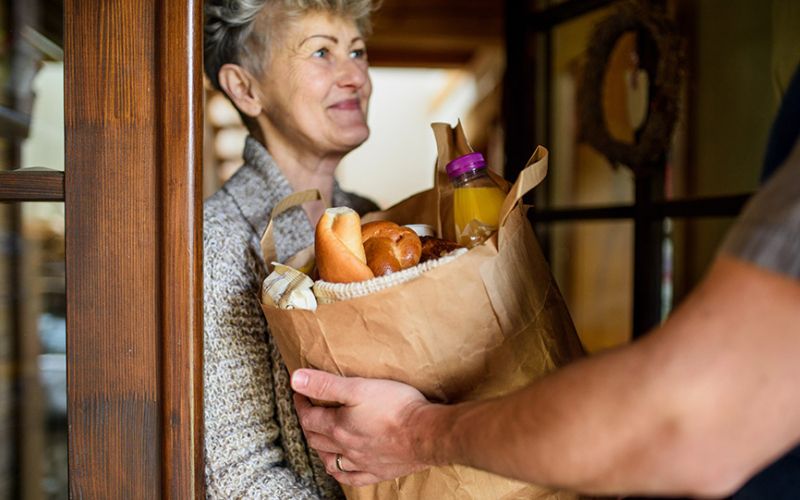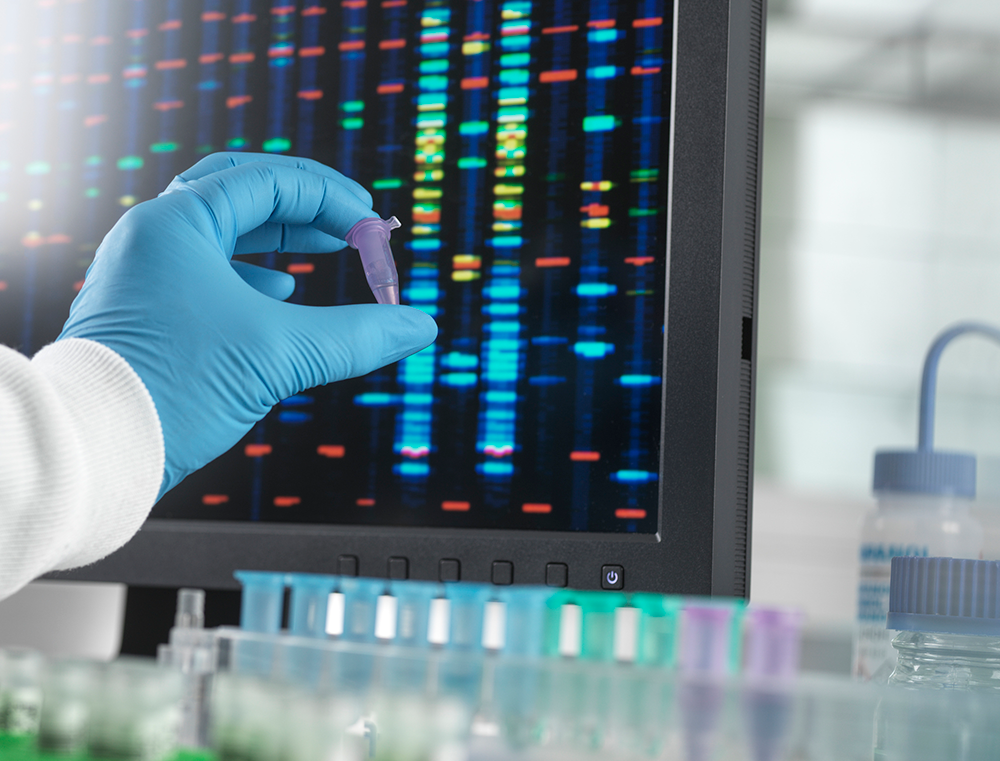As a cancer survivor, you are uniquely equipped to help cancer patients because you have literally “walked a mile in their shoes.” You’ve reached the end of a difficult path that others are just beginning, you’ve experienced ups and downs, and it’s likely that you’ve gleaned some wisdom along the way. It’s safe to say that you are living proof that an active life can exist after cancer.
Now that cancer treatment has ended, you might be wondering, “Now what?” During your cancer treatment, you may have experienced help from a cancer survivor— help that you now wish to pay forward to someone else. Here’s your perfect chance to invest a little bit of time volunteering so you can make a difference in the life of patients undergoing cancer treatment.
Ways Cancer Survivors Can Help Patients
The good news is that there are several things you can do to brighten the lives of people being treated for cancer. Whether you are an introvert or an extrovert, there are many volunteer opportunities that allow you to work both directly and indirectly with cancer patients. To work one-on-one with cancer patients, consider volunteering for one of the many programs or support groups that allow you to do so. Or, if you prefer a behind-the-scenes or administrative role, those opportunities are available, too. Whichever method of volunteering suits you best, the first step is to decide how much time you’re able to devote and then start looking for a volunteer position to fill.
If working directly with cancer patients suits you best, depending on where you live, you may find programs that give you the opportunity to:
- Drive patients to and from their doctor appointments.
- Help cancer patients at home by doing their grocery shopping, taking them meals, or taking care of their pets.
- Talk with patients being treated for the cancer you experienced so they can better understand what to expect. Every patient’s experience is different, but hearing about your personal treatment journey will provide valuable insight.
- Take notes for a patient during their doctor appointments.
- Visit patients who have had surgery while they’re recuperating in the hospital.
- Lead, co-lead, or be an active participant in a cancer support group.
- Volunteer your expertise to benefit cancer patients. Are you a cosmetologist? Masseuse? Home improvement contractor? Financial planner? Certain skills you have could help patients feel better physically or address things they aren’t able to due to cancer.
If you prefer to have a more indirect role, consider:
- Teaming up with a local organization (or starting your own group) to create and distribute care packages to patients undergoing cancer treatment.
- Donating money to a cancer charity or launching your own fundraising drive.
- Volunteering at a cancer-information hotline.
- Volunteering to help with administrative tasks at a local cancer charity.
Finding an Opportunity to Volunteer
If helping cancer patients is something you’re interested in doing, there are several ways to get started. One way is to reach out and offer assistance to anyone you know who is being treated for cancer. Because people can sometimes be reluctant to accept help even when they desperately want to, it’s important to be specific and proactive. Instead of saying, “Please call me if I can help in any way!” say, “If it’s OK with you, I will stop by around noon on Monday to mow your yard (or pick up your shopping list, walk your dog, etc.).
If you’d like to be matched with a patient in need of support, the following programs can help you:
- Angel Foundation is a Twin Cities-based nonprofit whose mission is to provide support to local adults with cancer and their families.They have a variety of volunteer opportunities for individuals and groups looking to make a difference. Learn more and apply here.
- Firefly Sisterhood The mission of The Firefly Sisterhood is to foster one-to-one connections between women experiencing breast cancer and inspirational survivors. If you have had experience with breast cancer and are ready to mentor and guide other women through treatment, surgery and reconstruction then we would love to welcome you to the Firefly Sisterhood. Learn more here.
- Gilda’s Club provides Free social and emotional support for everyone currently impacted by cancer. Many states have a Gilda’s Club. In the Twin Cities (Minnesota), for available volunteer opportunities please visit the Current Volunteer Opportunities page or call 952.767.7623.
- Imerman Angels will screen you, match with a cancer patient in need of support, and provide training.
- American Cancer Society: Reach to Recovery, Colorectal Cancer Alliance Buddy Program, and Lung Cancer Alliance Phone Buddy Program match survivors of breast cancer, colorectal cancer, and lung cancer, respectively, with patients being treated for these diseases.
- Other cancer survivorship resources for Minnesota Oncology cancer patients and/or survivors.
Volunteering benefits both you and the patient. Not only does the time you invest help ease cancer patients’ physical and emotional burdens, it will probably lift your spirits to know you’ve had a positive impact on someone during a difficult time in their life. Remember, you’re a survivor— and your personal experiences make you incredibly qualified to help cancer patients during their time of need.





